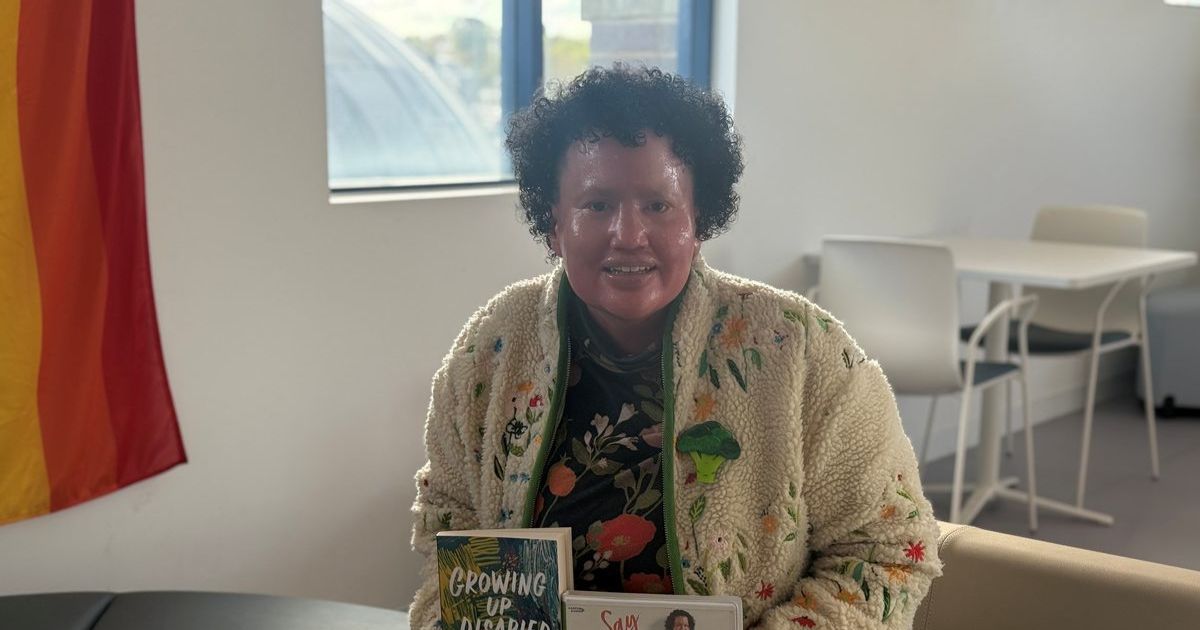From the desk of Roland Rocchiccioli – 17 July

Way back: Where my career began! The 1960s Adelaide Terrace, Perth, ABC studios, have been converted into apartments. The glorious Robert Juniper mural has been saved. Photo: SUPPLIED
The Australian Broadcasting Commission – as it was called in my youth and early career – is celebrating its 90th birthday. In various capacities, it has played an important part in my life.
MY recollections, many and varied, date to the 1950s.
I was an inquisitive child. It was “why?” to everything. I drove my late mother, Beria, mad. “For God’s sake, Ronnie, will you stop asking me so many bloody questions. Go and listen to the wireless, or read a book!”
When my parents separated, a wireless was one of the first things Beria bought. It sat atop the kitchenette, tuned to 6WF or 6WN from early morning until she went to bed. Consequently, I was obsessed with broadcasting. There were two things to which I aspired: to teach, or to talk on the wireless.
I was three, possibly four. The opening, haunting notes of Ronald Hanmer’s instantly recognisable Pastorale – the theme for the ABC’s long-running radio serial, Blue Hills (1949-76), were enough to send me running, “Quick, mum, Gwen Meredith’s on!”
Sadly, I never did meet Miss Meredith, nor did I ever get to read the opening, “The ABC presents Blue Hills by Gwen Meredith”, or the closing, “And so ends today’s episode of Blue Hills by Gwen Meredith. Another episode may be heard at the same time tomorrow”, announcements to each day’s broadcast.
If I was walking by Jean Chalmers’ house when I heard the wafting theme, I knew I had to get a wiggle-on or I would be late for school.
ABC programming and content, was, in many instances, a replication of the BBC. Announcers, particularly in Western Australia, nurtured an English RP (received pronunciation) accent, and BBC pronunciations were inflexible.
The Drama Department, which provided employment for many professional actors, produced numerous weekly radio plays and daily serials which exercised the listener’s imagination. Sadly, many programs fell victim to modernity.
The ABC’s School’s Department produced weekly primary school educational programs. In conjunction with the Education Department, they were broadcast as school lessons and were a most effective education tool.
The expertly devised programs included health and hygiene, social studies, literature, and singing – mostly English, American, and Australian folksongs. History lessons were dramatised for the senior primary classes. For the junior classes: Let’s Join In, and readings of suitable children’s books.
My favourite, The Village Glee Club, was an original Australian program. A combination of popular parlour songs and clever banter, its theme was A Voice In The Old Village Choir.
The Hospital Half Hour and Yours For The Asking were popular audience request programs.
It took me three cadet announcer auditions over six months. They expected a working knowledge of three, preferably five, languages.
The national broadcaster is crucial. Understandably, the ABC of yesteryear is unrecognisable. Social mores and listener expectations have altered, radically.
The ABC is the voice of Australia, and while, currently, there is much to commend, it could be argued, it has strayed too far from its original charter. It cannot be denied it has, in some areas, become too opiniated. Smart-arse radio!
Government funding is imperative for the broadcaster to perform its role. Only the vast resources of the ABC makes it possible to undertake serious, investigative journalism; however, it carries an onerous responsibility. Rightly or wrongly, there is a disquieting perception of bias, making its future problematic.
If the ABC is to survive another 90 years, egocentric, self-aggrandising presenters and producers, skating close to the wind, need to have their wings clipped.
Happy birthday!
Roland can be heard with Brett Macdonald Mondays at 10.45am on 3BA and contacted via [email protected].


















